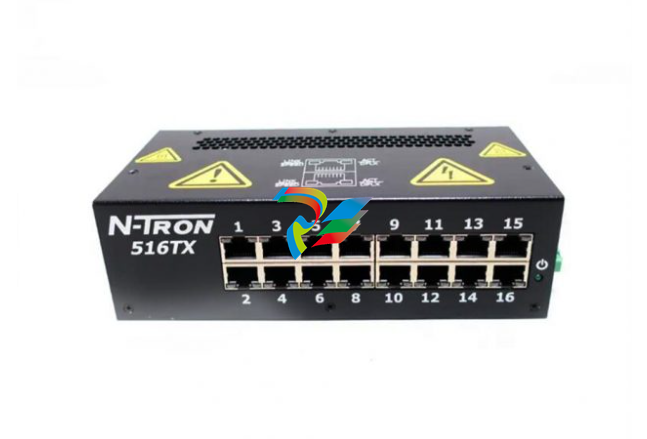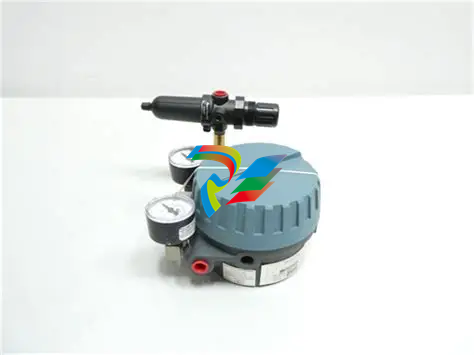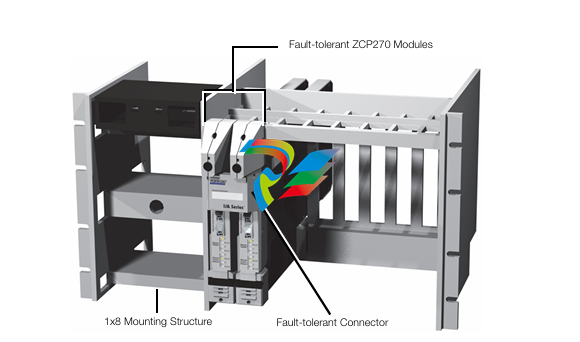
DCS; Industrial control system
Product
Article
NameDescriptionContent
NEW CENTER
Current Location:
The Future and Trends of Petroleum Industry
From:
|
Author:huang
|
Time :2024-11-07
|
324 Browse:
|
Share:
The petroleum industry plays a crucial role in the global economy. Exploration is the first step, where companies search for oil and gas reserves. This involves advanced technologies such as seismic surveys and drilling. Extraction follows, which can be a complex and costly process. Once extracted, the crude oil is transported to refineries.
Refining is a crucial stage in the petroleum industry. It involves separating the different components of crude oil and converting them into useful products such as gasoline, diesel, and jet fuel. Transportation of these refined products is then carried out via pipelines, tankers, and trucks.
The marketing of petroleum products is the final stage. This involves selling the products to consumers through gas stations, industrial users, and other channels.
The petroleum industry is of great importance in the global economy. It is a major source of energy, powering transportation, industry, and households. According to research, the petroleum industry contributes significantly to global GDP and employment.
For example, the petroleum industry is a major contributor to the economies of many countries. In the Middle East, oil and gas exports are a major source of revenue. In developed countries, the petroleum industry provides essential energy for transportation and industry.
Despite its importance, the petroleum industry also faces challenges. One of the major challenges is environmental concerns. The burning of fossil fuels releases greenhouse gases, contributing to climate change. As a result, there is increasing pressure on the industry to reduce its carbon footprint.
In conclusion, the petroleum industry is a complex and important industry that plays a crucial role in the global economy. However, it also faces challenges such as environmental concerns and the need for sustainable development.
二、Historical Development
(一)From Past to Present
The petroleum industry has a long and fascinating history. In ancient times, bitumen was used for various purposes, but it wasn't until the 19th century that the modern petroleum industry began to take shape. The discovery of oil fields in Pennsylvania in 1859 marked a significant milestone. This led to a boom in oil exploration and production.
Over the years, technological advancements have played a crucial role in the industry's development. Seismic technology for exploration became more sophisticated, allowing for more accurate detection of oil reserves. Drilling techniques also improved, enabling deeper drilling and access to previously unreachable reserves.
In the 20th century, the petroleum industry grew rapidly. World War II increased the demand for petroleum products, further fueling the industry's growth. The development of refining processes allowed for the production of a wider range of products, from gasoline to plastics.
(二)Industry Giants and Their Contributions
Some of the major players in the petroleum industry have made significant contributions to its growth. Companies like ExxonMobil, Shell, and BP have been at the forefront. ExxonMobil, for example, has invested heavily in research and development, leading to advancements in exploration and production techniques.
Shell has been known for its innovation in sustainable practices. The company has been working on reducing its carbon footprint and exploring alternative energy sources. BP has also made significant contributions in the areas of safety and environmental protection.
These industry giants have not only contributed to the growth of the petroleum industry but have also played a crucial role in the global economy. They have provided employment opportunities, contributed to GDP, and supported the development of infrastructure in many countries.
三、Current Trends
(一)Technological Advancements
In recent years, technological advancements have had a profound impact on the petroleum industry. In the area of exploration techniques, advanced seismic imaging technologies are enabling more accurate detection of oil and gas reserves. For instance, 3D and 4D seismic surveys provide detailed images of subsurface structures, helping companies identify potential drilling sites with greater precision. This not only reduces exploration costs but also increases the likelihood of discovering new reserves.
In refining processes, new technologies are improving efficiency and product quality. Advanced catalytic cracking and hydroprocessing techniques are allowing for the production of cleaner fuels with lower sulfur content. Additionally, digitalization and automation are being implemented in refineries to optimize operations and reduce downtime.
(二)Environmental Concerns
The petroleum industry is acutely aware of the environmental challenges it faces. The burning of fossil fuels releases greenhouse gases, contributing to climate change. To address these concerns, the industry is taking several steps. Many companies are investing in research and development of cleaner technologies, such as carbon capture and storage (CCS). CCS involves capturing carbon dioxide emissions from power plants and industrial facilities and storing them underground.



.jpg)
















































.jpg)
.jpg)





.jpg)



.png)
.jpg)

.jpg)
_lVjBYb.jpg)

.jpg)
.jpg)



.jpg)
.jpg)







.jpg)

.jpg)
.jpg)











.jpg)




.jpg)
.jpg)
.jpg)
.jpg)
.jpg)
.jpg)

.jpg)

.jpg)
.jpg)
.jpg)








